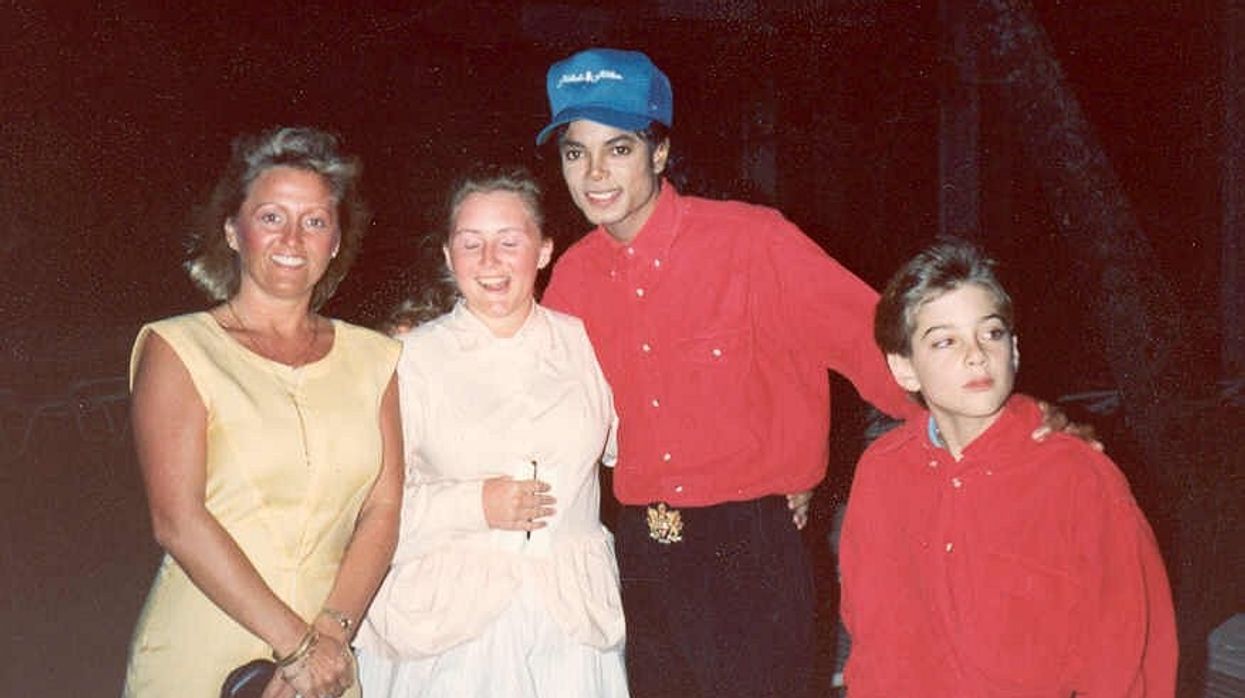'Leaving Neverland' and the Impact of Documentary Filmmaking
Have you seen this riveting documentary yet?

HBO documentary Leaving Neverland has impacted audiences since its Sundance premiere, and now real-life consequences are being seen in the wake of the film's wider release.
The documentary, which is directed by Dan Reed, first premiered at Sundance Film Festival at the end of January. It's a two-part, four-hour movie that focuses on Wade Robson and James Safechuck, who allege that they experienced sexual abuse at the hands of Michael Jackson. It is a difficult but important watch.
HBO aired the documentary for wider audiences last weekend. It's also currently available on HBO GO.
The Michael Jackson estate has since sued HBO and has been vocal about protecting Jackson's brand. The estate also released an old concert video on their YouTube on the very same night Leaving Neverland aired on HBO. (The video is even the same length as part one of the documentary).
Understandably, the two victims' description of childhood sexual abuse, which is given in explicit detail in the documentary, has become imprinted in viewers' minds and has led some to express discomfort with the airing of Jackson's music. Several radio stations have pulled his songs, including stations in Canada and New Zealand.
In Canada, Cogeco Media owns the three stations (CKOI, Rythme, and The Beat) that have banned the music.
On Tuesday, a spokesperson told Variety, “We are attentive to the comments of our listeners, and the documentary released on Sunday evening created reactions. We prefer to observe the situation by removing the songs from our stations, for the time being.”
Leaving Neverland is not the first time that allegations of sexual abuse have been raised against Jackson. Investigations were conducted as early as 1993. Those cases ended in settlements and denial, with no major repercussions. Later, in 2004-2005, Jackson was actually indicted and tried on child molestation charges. The jury returned a verdict of "not guilty," and again allegations were largely swept aside.
The documentary commits to letting Robson and Safechuck tell their own stories, and their allegations become stark, impactful, and difficult to forget. This is a testament to the power of documentary filmmaking to educate viewers and change opinions.
Have you seen the film? What was your reaction?

 No Film School's coverage of
No Film School's coverage of 









